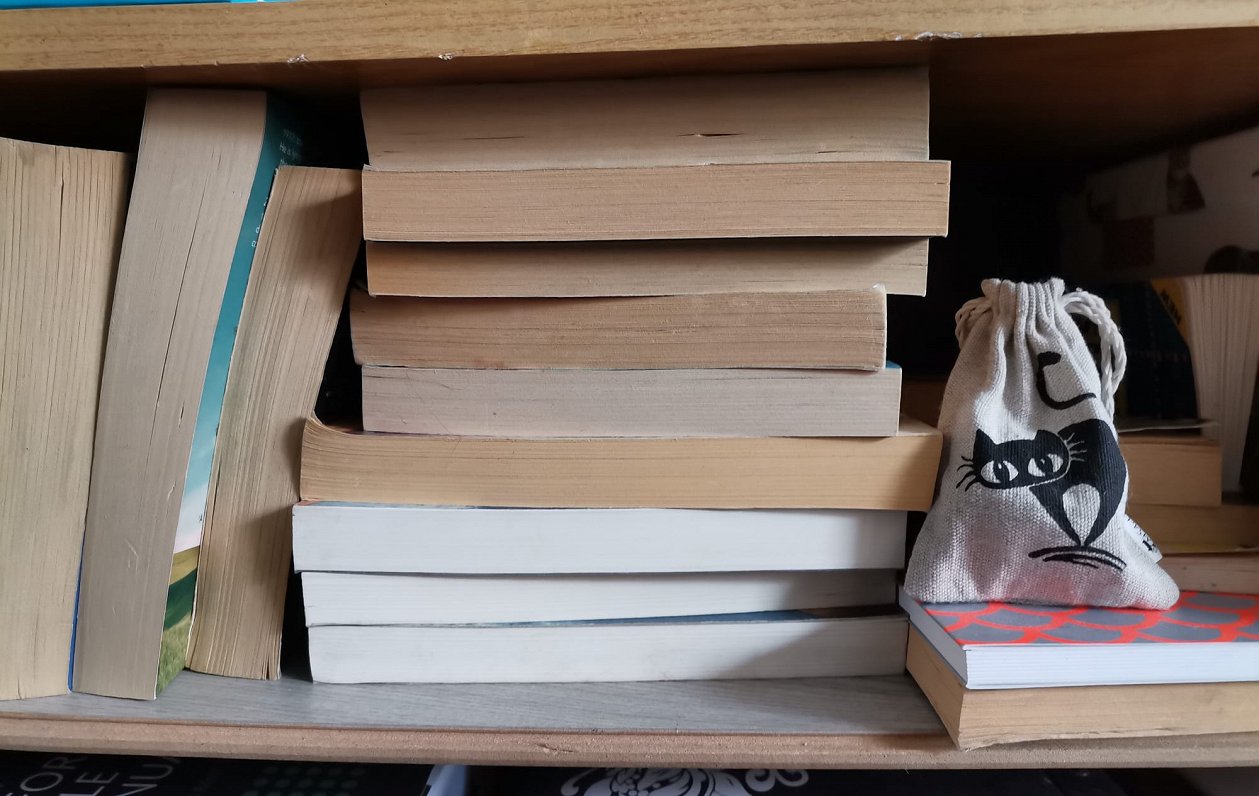The letter distributed by the History Research and Promotion Society also offers a seven-point solution plan, including the need to establish a separate sub-program of Latvian history for which annual funding would be provided in the State budget.
Historians said in the letter that Latvia's science-financing system was unable to provide systematic and permanent academic research of the past, and that insufficient funding was the main cause of the inability.
“There are currently no national research programs in Latvia to provide funding for history studies. Research is of an occasional nature because it depends on the success of short-term projects, but fundamental research on key topics still doesn't happen. Among other things, this reduces the possibility of industry experts participating in international and national research grants,” the open letter stated.
Its authors also drew attention to the fact that scarce funding and its volatility contribute to a brain drain in the academic and professional areas.
For a solution to the existing situation, historians offered a seven-point plan:
- Abolish the application of STEM criteria for research projects and establish appropriate evaluation criteria for the humanities.
- Establish a separate sub-program of Latvian history in the State Research Programme (VPP), for which annual funding is allocated in the State budget.
- The VPP project competition should cover all periods of Latvia's history – medieval, new times, and modern history.
- In parallel with the current principle – to support only research group team projects, the Latvian History sub-program should also ensure the financing of individual grants with the possibility of attracting scientific assistants, if necessary for specific research projects.
- The duration of the project must not be mechanically defined as it has been until now, 3 years for all projects, without regard to their specificity and nature.
- Provide an opportunity for a researcher to work full-time on a single project with adequate remuneration and social guarantees.
- Project competitions should also be open to researchers from other countries, thereby promoting the development of international research networks in the exploration of Latvia's history.
“We are convinced that the fulfillment of these points will contribute to the development of history as science in Latvia, and will lead to a deeper understanding and interest in Latvia's history in society,” said the letter.
The letter was signed by 118 persons - historians and other industry-related professionals like library, museum, and archive employees, as well as students from the University of Latvia's Faculty of History and Philosophy.




























